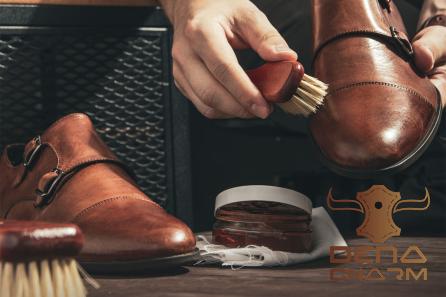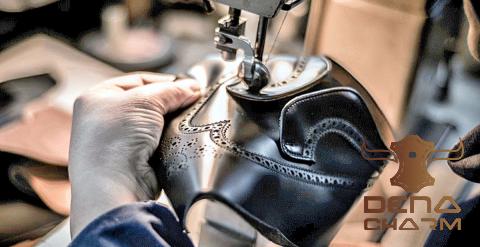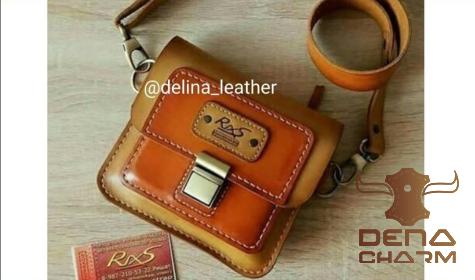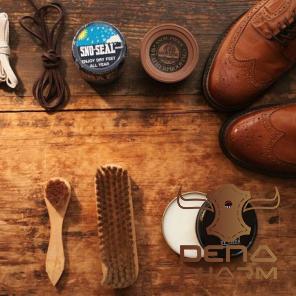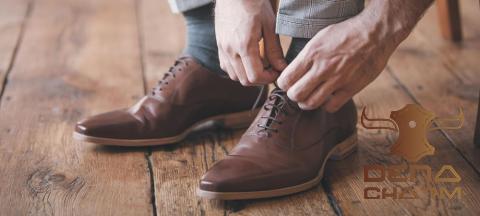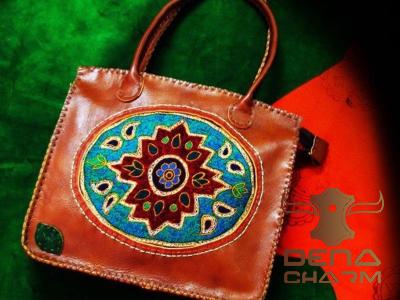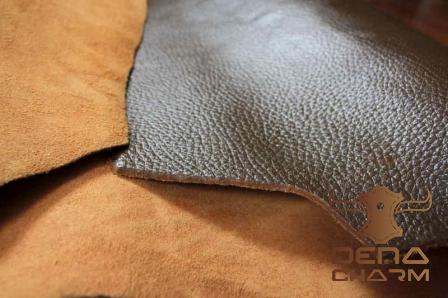The Future of Sustainable Fashion Introduction: The fashion industry is undergoing a significant transformation as consumers become more conscious of the environmental impact caused by traditional leather production. In recent years, an innovative alternative has emerged: raw vegan leather. This eco-friendly material offers an ethical and cruelty-free option for fashion enthusiasts who want to make a positive difference. This article explores the concept of raw vegan leather, its high-quality features, as well as its advantages and disadvantages. Discuss Raw Vegan Leather: Raw vegan leather, also known as plant-based leather, is a sustainable and cruelty-free alternative to traditional animal-derived leather. It is made using a variety of plant-based materials, such as pineapple leaves, apple cores, mushrooms, and even recycled plastics. The resulting material closely mimics the texture, look, and durability of real leather without any animal involvement. What sets raw vegan leather apart from other synthetic materials is its focus on sustainability and its reduced impact on the environment. The innovative production processes employed help preserve natural resources, minimize carbon emissions, and minimize chemical usage, making it an attractive choice for environmentally-conscious consumers. The Highest Quality of Raw Vegan Leather: Raw vegan leather has come a long way since its early introduction. Advancements in technology and material synthesis have allowed manufacturers to develop high-quality vegan leather that rivals animal-based counterparts. Pineapple leather, in particular, has gained popularity for its remarkable resemblance to traditional leather. Piñatex, a leading brand, has perfected the process of extracting fiber from pineapple leaves, resulting in a durable and versatile leather substitute. Apple leather is another material gaining traction in the industry. Derived from the waste generated in the apple juice and cider industries, apple leather offers a soft touch, breathability, and is highly sustainable compared to traditional leather. It is also known for its water resistance and ability to age well over time, resembling a patina effect that is highly sought after by leather enthusiasts. Advantages of Raw Vegan Leather: 1. Animal Welfare: The biggest advantage of raw vegan leather is its cruelty-free production process. As it does not require the use of animals, it significantly reduces the suffering and exploitation associated with traditional leather production. Choosing raw vegan leather supports ethical and compassionate practices in the fashion industry. 2. Environmental Impact: The production of raw vegan leather has a significantly lower environmental impact than traditional leather. It reduces water usage, carbon emissions, and the reliance on harmful chemicals. Additionally, raw vegan leather often utilizes recycled materials, further contributing to sustainability efforts. 3. Versatility: Raw vegan leather offers a wide range of creative possibilities in fashion. Designers can experiment with different colors, textures, and finishes, giving them the freedom to explore innovative styles without compromising on quality or aesthetics. It provides a fresh and unique look for those seeking a more eco-friendly wardrobe. Disadvantages of Raw Vegan Leather: 1. Limited Availability: The availability of raw vegan leather is still relatively limited in comparison to traditional leather. However, as demand grows and technology improves, production and availability are expected to increase. 2. Durability: While raw vegan leather has made great strides in terms of quality, it still faces challenges in matching the durability and longevity of traditional leather. Some types of vegan leather may not withstand harsh conditions or heavy use as well as their animal-derived counterparts. However, ongoing research and development are addressing this concern, and future iterations may overcome these limitations. Closing Thoughts: Raw vegan leather represents a sustainable and ethical future for the fashion industry. By embracing plant-based alternatives, consumers can simultaneously support animal welfare and reduce the environmental impact associated with traditional leather production. Although there are limitations to be addressed, the continuous progress and innovation in this field indicate an exciting and promising future. As the demand for ethical and eco-friendly fashion grows, raw vegan leather will play a vital role in reshaping the industry, making it more sustainable and compassionate than ever before.

